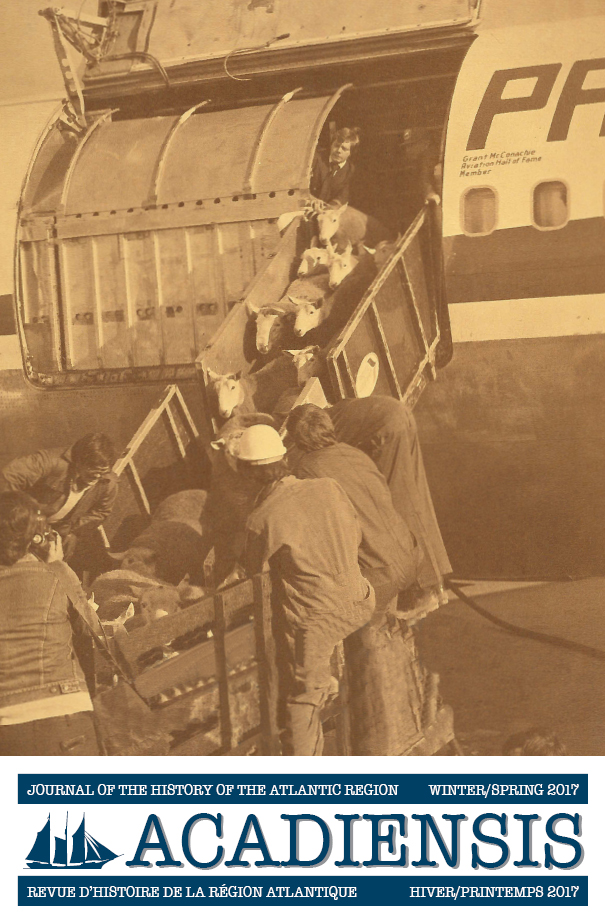Résumé
Dans l’historiographie du sport au Canada, le cricket est souvent décrit comme étant uniformément élitiste. Pourtant, en Nouvelle-Écosse, ce sport était socialement complexe, comme en témoigne la carrière à Halifax d’A.H. Leighton en 1912. Le comportement condescendant de Leighton, un joueur professionnel membre des Wanderers, un club d’élite, sema la discorde avec les joueurs d’autres endroits, qui s’offusquaient des prétentions sociales du joueur et de son club. Le séjour bref et tumultueux de Leighton ouvre une fenêtre révélatrice sur un sport qui reflétait des aspirations coloniales, mais dans lequel les tensions liées aux classes sociales étaient profondément enracinées. Il illustre également la nature du marché mondial non réglementé des joueurs de cricket professionnels.Copyright for articles published in this journal is retained by the author(s), with Acadiensis being granted a non-exclusive licence to each and every right in the work throughout the world. After publication of the work, the author(s) shall have the right to self-archive the work and to reprint the work in whole or in part in books authored by or edited by the author(s) without the payment of any fee. In these other formats, however, the author or authors are required to acknowledge the original publication of the work in the pages of the journal. In the case of any requests to reprint the work, Acadiensis will require a standard permission fee -- to be divided equally between the journal and the author. In the event that such requests are received by the author(s), the author(s) shall direct such requests to the journal.

